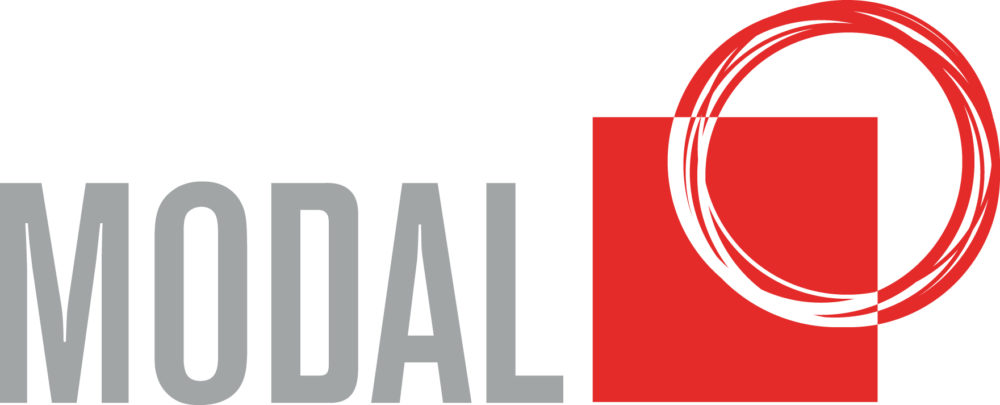I love being pleasantly surprised. My wife is not a big fan of surprises, but I really like them. For me it adds spice to life. I was genuinely pleasantly surprised that my last blog ‘Why leaders need to spend more time getting naked’ got read by more people than my previous blogs (maybe I’m just improving my blogging skills) but also generated more comments and some of them in person. Now I’m sure the word ‘Naked” in the headline was not the only reason for the interest either. I think the concept of being more authentic, more real is something that resonates with us all and taps into a deeper yearning for most of us to allow more of the real me to be seen.[/one_half] [one_full]As I’ve continued to practice my ‘getting naked’ (in a very imperfect way of course) I’ve been having more conversations with leaders to understand where they stand on the ‘getting naked’ vs ‘look professional at all times and have all the answers, and never admit mistakes’ continuum. I had dinner last night with a senior executive from a large organization (let’s call him Glenn – not his real name) and raised the issue of leaders showing vulnerability. He stared straight at me and due to the surprised look on his face I was expecting him to dismiss the concept “as soft”. However, he didn’t answer for a couple of seconds and then said “one of the best moments in my career was when I gave myself permission to say ‘I don’t know’. It was as if a weight was lifted from my shoulders. I had always believed leaders are expected to know everything and that created an enormous amount of pressure on myself. Do you know how hard you have to work just so you can try and know everything?”
Let’s dissect that comment for a minute. Glenn had spent time in the earlier part of his career believing he had to have all the answers to problems at the drop of a hat. What does that belief do to us? It creates a significantly high expectation (that we are putting on ourselves incidentally) which then creates stress. Why? Because who can really know everything and have all the answers? Maybe if you have an IQ of 220 and the emotional intelligence of Nelson Mandela you may come close. I’m certainly not that gifted and nor are many of the leaders I know (sorry guys, no offence). With the weight of expectations to know everything, the stress that is generated is likely to feed into aggressive defensive or passive defensive behavior. We create an expectation we need to be the all-knowing oracle (and in some cases the all singing and dancing leader as well). So defensiveness caused by the weight of our own expectations, doesn’t sound healthy or effective for us or for others!
Glenn went on to say “it’s important to mix vulnerability with action orientation”. This means extending your “I don’t know” to include a “but I will find out for you by Thursday”. To me it’s about allowing yourself to be a human being, which means we are gloriously fallible and perfectly imperfect. Let’s extend this vulnerability vs perfectionism exploration into the realm of organisational culture. Research by Human Synergistics shows that organisations that strive for perfection actually have more problems with the quality of their products and services.
How is this possible? Companies focusing on doing it better actually getting a worse result. What gives?
The key lies in the difference between ‘doing it better’ and ‘doing it perfectly’. A perfectionistic culture is one where there is an expectation no mistakes are made. How do you make mistakes unacceptable? You crack down on any that are made with a big stick (or alternatively just with a little stick, but many times over)! Once people receive multiple messages that mistakes won’t be tolerated, what happens? The little part of our brain called the Amygdala which protects us from threats, fires up. It sends us a message that if we are seen to make mistakes we will get punished. It doesn’t matter whether this is real or perceived, as the Amygdala doesn’t distinguish. So how do people in organisations avoid punishment or the threat of punishment? Simple. When there is a mistake (which inevitably happens because we are human) it doesn’t get reported. It gets hidden away. Errors and things slipping through the cracks are not highlighted so that the appropriate action can be taken to improve them.
So perfectionistic culture driven by perfectionistic behavior from leaders can actually have the opposite impact of what is intended and decrease quality. One of the antidotes (not the only one) to perfectionist behaviour is to give yourself permission to be more vulnerable in front of people. To admit mistakes, admit imperfections and admit to not knowing everything. To get naked! When you give people permission to be themselves they might just surprise you with how much they can accomplish.
And me. I have not yet fully let go of my own perfectionistic tendencies. I have worked on reducing them (for a period there I caught myself trying to perfectly let go of my perfectionism). So for me it’s still a journey. And maybe that occasional fear of failure (oh my goodness did I just type that out loud) will raise its head and draw me back along the perfectionism scale. But I’ve learnt to give myself more permission to be imperfect.
So what are the benefits of getting naked more?…
- It builds trust when you show vulnerability
- It gives other people permission to be more open
- It lets people see the real human being in there. They can relate to that
- It shows courage many people aren’t willing to display but they will admire you for it
- It can be very motivating for people to work with a leader who is real (as opposed to putting on a façade or mask)
Here’s some tips on improving your ability to get naked….
- Give yourself permission to make mistakes, after all it was most likely you who took permission away in the first place
- Think about something you have done in your life where you didn’t do it perfectly and share the story with a couple of people
- When someone asks you how you are, don’t reply with “fine”. Fine is a weather forecast. Be absolutely honest e.g. right now I’m OK or I’m a bit anxious about X or I’m feeling uncertain about Y…. or I’m feeling pleased because….
- In a meeting declare how you feel e.g. “I’m a little worried about X at the moment so I’d like to ask for your help”
- Actually make an effort to ask someone for help
- Use the words “I don’t know the answer to that”
- Share with someone something personal about your private life that you normally wouldn’t e.g. “my father died when I was really young” or “my family didn’t have much when I was growing up”
- If you don’t like the way someone is speaking to you tell them e.g. “when you constantly challenge my point of view, I feel frustrated. I know it’s not your intention, so in future can you make more of an effort to listen to my whole rationale before dismissing my idea”
- Acknowledge someone’s strength that you don’t see naturally in yourself e.g. “I really like the ‘outside the box thinking’ you bring to this team. I just don’t have the creative mindset you do”




